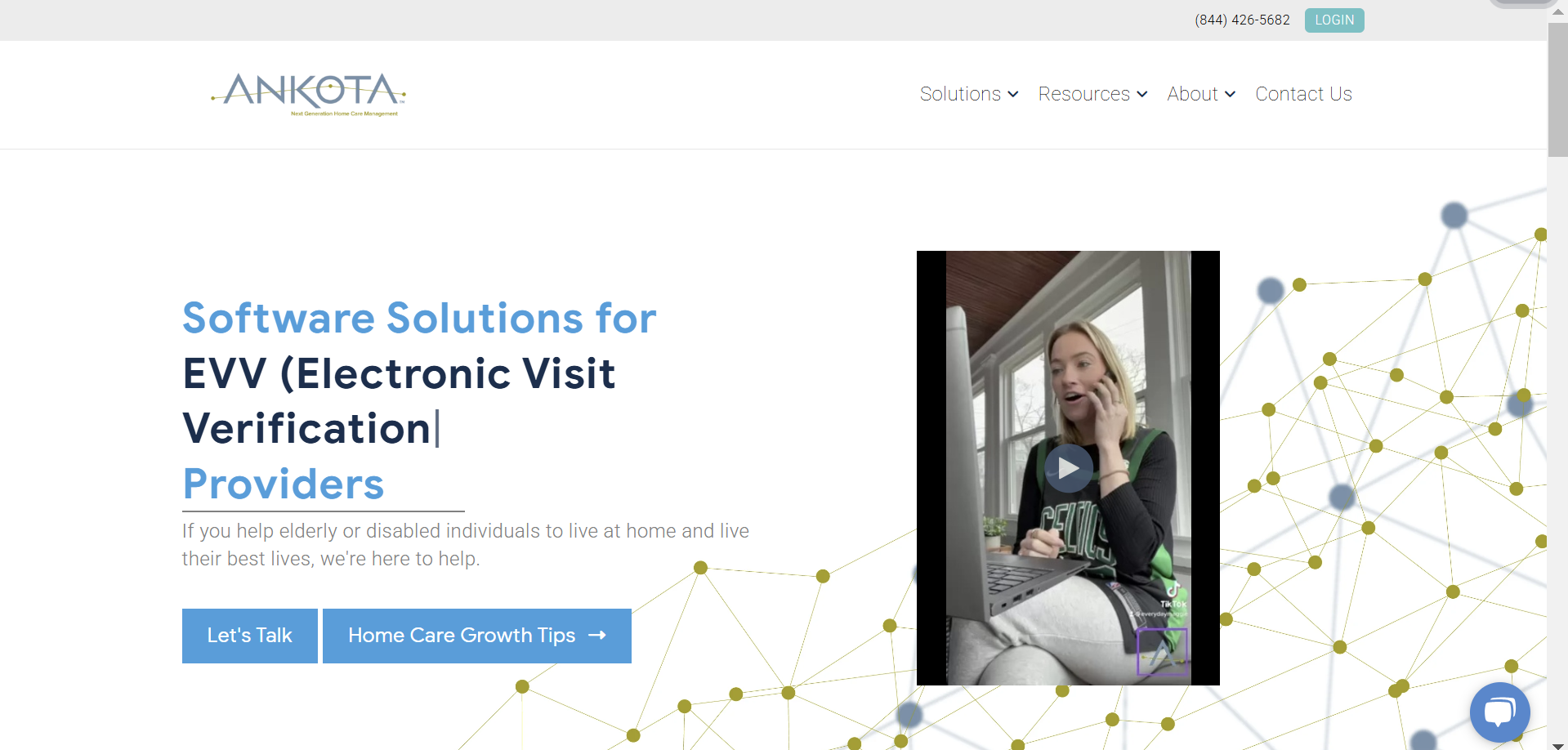Great news-- this is a simple one. One of the big complaints I hear from people is that they are overwhelmed by email. I know I am, and I hate that feeling when people ask, "Did you get my email?" When you have to say "no" and explain why you didn't, you risk marginalizing that person or their message that may actually be important to you. Health care, like most businesses, relies on relationships, so we only want to do things that support and improve relationships.

Whether you are among the post acute care providers that Ankota works with--private duty home care, physical therapy, infusion nursing, HME and DME--or the Hospitals and ACOs that we work with, this piece is quick and easy to use and may help you better manage your inbox. Please share it!
The author, Amy Levin-Epstein, has written for numerous publications including the New York Post, New York Times, AOL, and more. You can read more from Amy by clicking on her profile, below.

(MoneyWatch) Although life is still not back to normal -- and many never be -- for many affected people by superstorm Sandy, many employees whose work was disrupted last week are getting back to business. Job one: Catching up on email.
Whether or not you were "in the dark," like me, last week because of Sandy, you've probably experienced an email backlog at one time or another. Here's how to tackle an overloaded inbox, whatever the reason.
Skip around. Whatever system you use (for instance, targeting the most important or easiest to answer emails first), feel free to jump around. "The worst way to approach your email backlog is to go one by one in chronological order -- this approach is too fragmented, it often requires multiple scans through the emails, and you'll inevitably get nauseous, overwhelmed and miss critical emails. Plus it will take far too long," says Julie Morgenstern, author of "Time Management From the Inside Out." She suggests choosing meaningful, active categories, like "send product info" or "schedule meeting," or dividing emails based on who they're from or for ("clients" or "boss").
Create filters and flags. Depending on what email system you use, you can filter messages that are sent directly to you and only you (as opposed to your being copied) or highlight messages from certain people. "These filters help certain email stand out in your inbox," says time management consultant Peggy Duncan, author of "Conquer Email Overload with Better Habits, Etiquette, and Outlook 2007." "Separating these important messages will help you prioritize which messages to respond to." That way, you can set aside time to go through specific folders without switching gears. For example, for an entire hour you can focus exclusively on emails from your boss and for another hour, emails from clients.
Search for spam. These days, who isn't on at least a few (or a few dozen) mailing lists they don't need to be on? Whether it's newsletters, shopping ads or other types of junk mail, you can quickly consolidate these for increased efficiency. "Either delete them completely or set up a folder to place them into for a future time to wade through" after your inbox has been fully addressed, says efficiency expert Andrew Jensen.
Keep your momentum going. Remember that your aim is to get your inbox under control, not resolve every single issue the messages present. Perfectionism can slow you down and even make you give up halfway through. "The goal here is not to finish all the tasks that have been assigned to you -- it's to process your inbox and eliminate the backlog so you can get back to work," says efficiency consultant Clay Hebert.
Let people know the reason for a delay. This won't necessarily help you get through your tardy email responses faster, but it will ensure they are better received. "As you reply to emails that you have flagged from clients and fellow workers, apologize for the delay in getting back to them," Jensen says. For instance, "let them know that you were affected by the storm, but that you are striving to return to normalcy. This will help those with pushy and impatient tendencies to give you a little slack and be somewhat more understanding."

.png)
.png)




.png)
.png)


